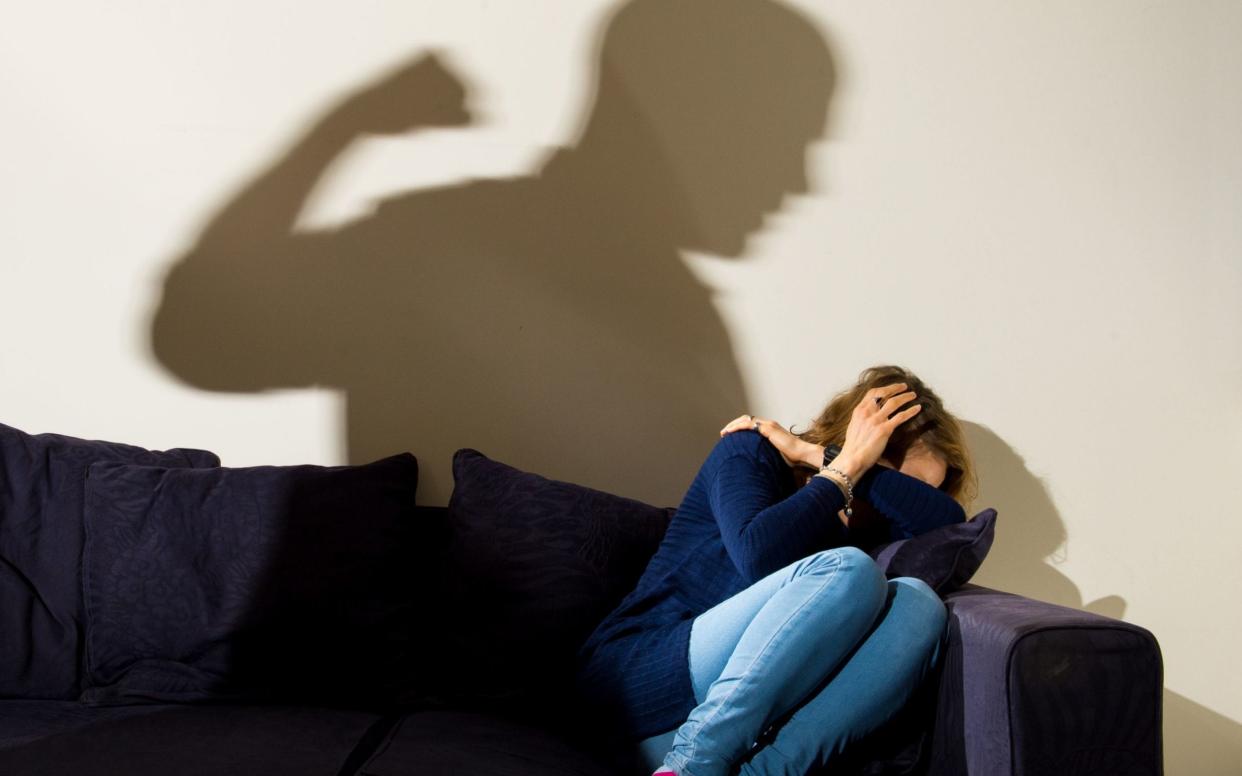Two migrant victims of domestic abuse reveal their tragic stories in support of law reform

Two migrant victims of domestic abuse appeared in the Lords yesterday in support of attempts by two commissioners to secure greater legal protection for them.
One who was abused by the father of her child claims she was told by police they could not help her because of her insecure immigration status in the UK, while another assaulted and sexually abused in an arranged marriage in the UK is still struggling to stay in the country.
Claire Waxman, London’s victims’ commissioner, and Nicole Jacobs, the domestic abuse commissioner, are pressing for new laws that would ensure all domestic abuse victims would get equal access to support, welfare and legal help.
They are also pushing for an amendment to the domestic abuse bill that would enable migrant victims to report their abuse to police, social services and health professionals in the knowledge they would be treated first and foremost as victims and without fear of immigration enforcement.
Ms Waxman said: “The Domestic Abuse Bill is a landmark opportunity to provide better protection and support for domestic abuse victims. However, the Bill continues to overlook society’s most marginalised and isolated survivors of domestic abuse.”
Ms Jacobs said: “It should never be the case that victims and survivors of domestic abuse are not able to access the support needed to escape a perpetrator simply because of their immigration status.”
Gill told how she came from Brazil in 2016 only to suffer multiple forms of abuse in a relations after the father of her child went back on his word to renew his British passport and apply for a visa for their child.
“One day during an argument he exerted physical violence towards me. I was very scared and decided to go to the police. The response from the police was that due to my insecure immigration status and the No Recourse to Public Funds policy they could not help me,” she said.
”They did not treat me as a victim first and foremost as they say they do. They convinced me that my best option was to go back to Brazil and referred me to the Home Office.”
She applied for temporary leave to remain but this is due to expire next month “which means that after almost four years since I fled the abuse, I am still struggling to settle and to be safe.”
T, who grew up outside the UK in a Hindu family, entered an arranged marriage aged 24 with a man who was rude and angry towards her on her wedding day. “It was obvious he did not want to marry me,” she said.
She suffered regular abuse: “He would hurt me at least once a week: he often pulled my hair, pressed down on my neck nearly choking me, and slammed my head against a wall. He was rude and aggressive towards me every day. Sometimes he was sexually violent towards me.”
When she confronted him over an affair that she knew he was having, she was forced to have sex with him and he threatened to kill her.
“Shortly after I moved out, my husband told me that he had called the Home Office and told them that we were separated and so they wrote to me at marital address, saying that I might not be able to stay here if the marriage had broken down,” she said.
“I later received a letter from the Home Office stating that as I had separated, they would cancel my visa which meant that I no longer had a right to stay in the UK. Because of this, I lost my job. I no longer have the right to work and I have No Recourse to Public Funds. I have always been worried that I will be deported because I am now an overstayer.”
She has been fighting to stay in the UK since. “I am also afraid of being found by my husband who has been trying to find me for a few years now, and has made threats to kill me. I hope I can stay in the UK and live without fear any longer.”


